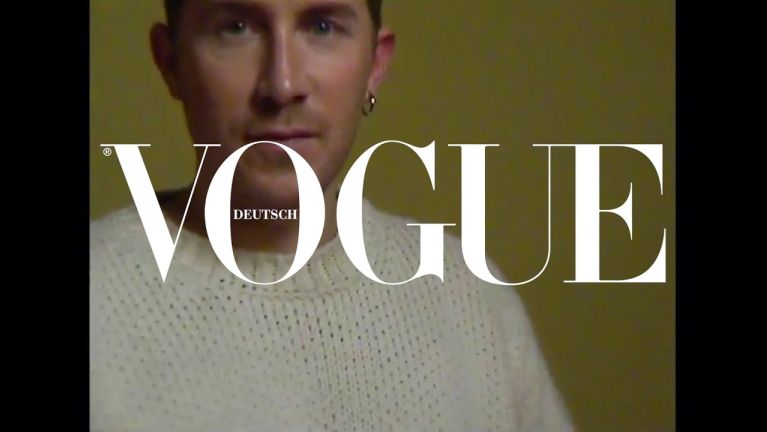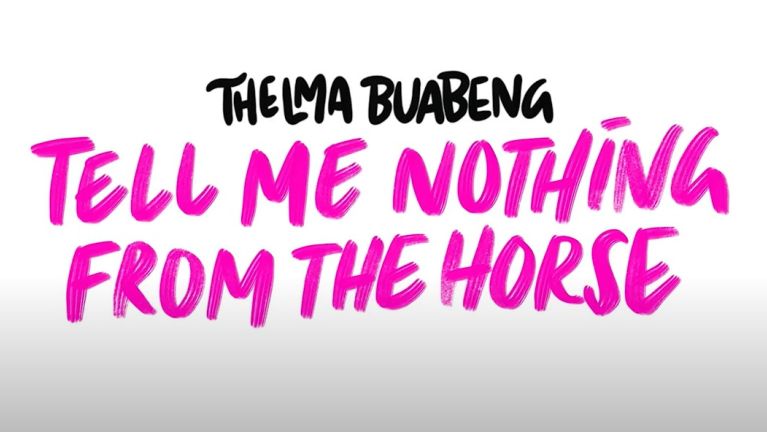Influencers who promote diversity
More and more influencers are committed to an open and diverse society. We introduce three of them.

Charlotte Weise, @charlotte_weise
Charlotte has worked as an influencer, author and podcaster since 2017. On her channels, the 29-year-old advocates sustainability, partnership, self-love and feminism. “I try to infect my followers with my good humour and my lifestyle in the hope that I can do my bit to make the world a better place,” she says on her website. Together with her partner Felix, she emigrated to Barcelona in 2019. After Charlotte became a mother in 2021, the topic of family and motherhood has become a key topic on her channels.
Fabian Hart, @fabianhart
Dieses YouTube-Video kann in einem neuen Tab abgespielt werden
YouTube öffnenThird party content
We use YouTube to embed content that may collect data about your activity. Please review the details and accept the service to see this content.
Open consent formIn addition to being a fashion journalist for Vogue Germany and TUSH Magazine, Fabian Hart is a columnist, podcaster and Instagrammer. Through his active commitment, he seeks to break the rules of traditional masculinity and show “how liberating it is to overcome stereotypical gender roles”. He was one of the first bloggers in Germany to criticise the one-sided portrayal of femininity and masculinity in the media. On his platforms, he combines fashion and beauty with debate on masculinity, gender roles and queerness. In an Instagram post from his 2019 Vogue column The New Blue, Fabian writes that it is a privilege for him to be able to live openly as a homosexual without being attacked for it. He says that this privilege obliges him to “show pride on behalf of those who can’t and to see and tell the stories of other gays, lesbians, bisexuals, intersexuals and trans*”.
Thelma Buabeng, @thelmabuabeng

She’s a comedian and actress: Thelma Buabeng was born in Ghana in 1981 and grew up in the Rhineland. A Berliner by choice, she has campaigned against racism for many years. In 2020, Buabeng founded BlackWomxnMatter Germany. The group aims “to provide mutual support through dialogue, self-care and joy and drive change in society, politics and the media.”
Dieses YouTube-Video kann in einem neuen Tab abgespielt werden
YouTube öffnenThird party content
We use YouTube to embed content that may collect data about your activity. Please review the details and accept the service to see this content.
Open consent formIn her comedy series Tell me nothing from the horse, Thelma plays five different women, reflecting a cross-section of society. Using satire and humour, she draws on racist clichés to address current political and social issues.




